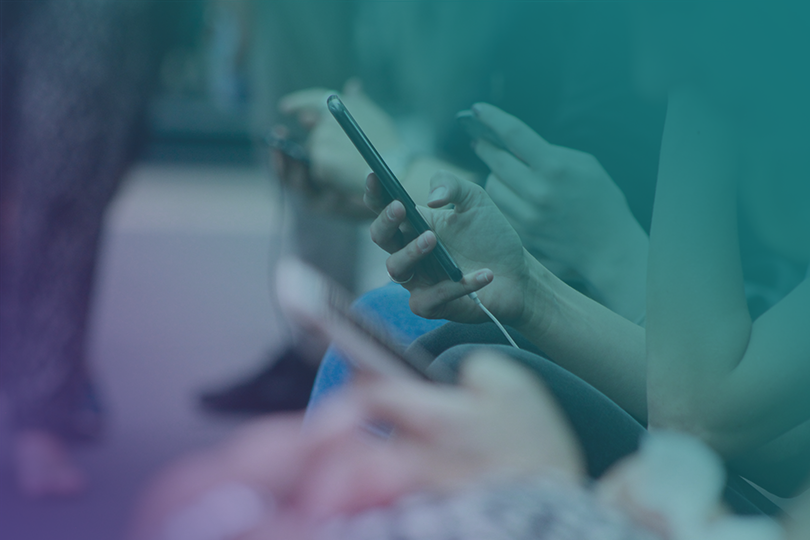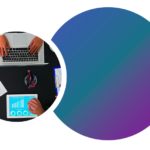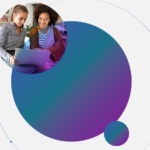
In addition to the health epidemic we are experiencing, we are facing a disinformation epidemic.
Every day we find many notes that seem to be real, some are notes that encourage us to get out of this situation sooner rather than later, some others are so fateful that it would be better to read the instructions of the apocalypse.
The main responsible for this spread are not social networks, they are users who share this type of notes without first verifying them, networks are simply a means for them to spread. They know this very well on Facebook, the social network that has around 1.9 billion users, most of whom are between 18 and 34 years old.
All these users need information, which must be reliable and, above all, true.
In order to guarantee this, Facebook is taking action on the matter, Adam Mosseri, VP, News Feed comments: “False news is harmful to our community, it makes the world less informed, and it erodes trust. It’s not a new phenomenon, and all of us – tech companies, media companies, newsrooms, teachers – have a responsibility to do our part in addressing it. “

Many of the decisions being made respond to the need to prevent the platform from becoming the center of disinformation: “Though we’re committed to doing everything we can to reduce the spread of false news to as close to zero as possible, we also need to make sure we take steps to address the problem when people do encounter hoaxes. To that end, we’re exploring ways to give people more context about stories so they can make more informed decisions about what to read, trust and share and ways to give people access to more perspectives about the topics that they’re reading. “
For this, Facebook has two projects, Facebook Journalism and News Integrity Initiative. Each of them responds to the generation and qualification of information objectively and above all accurate. Remember that the first step to avoid misinformation is in you, be careful what you share and above all, avoid misinformation.












